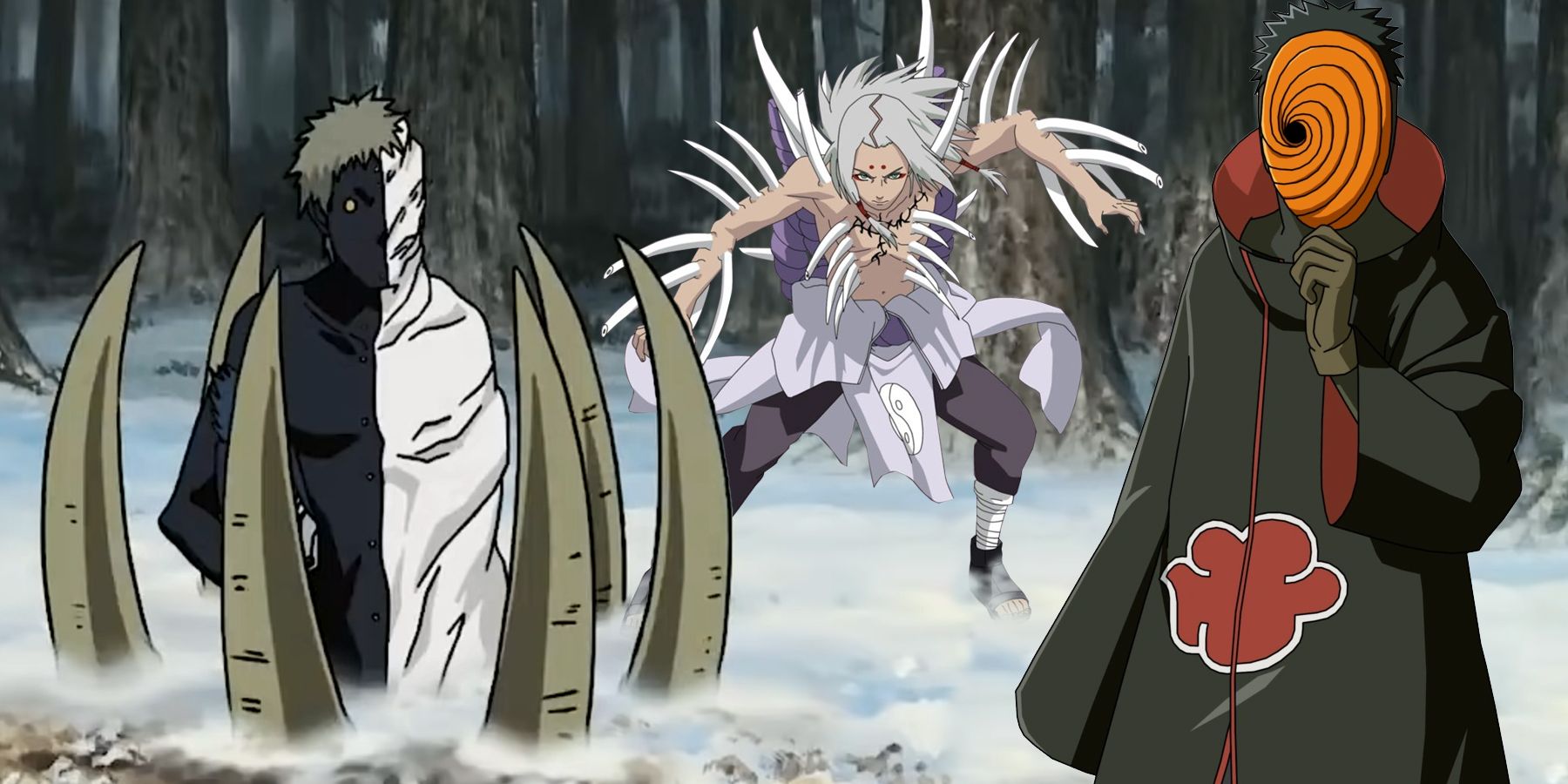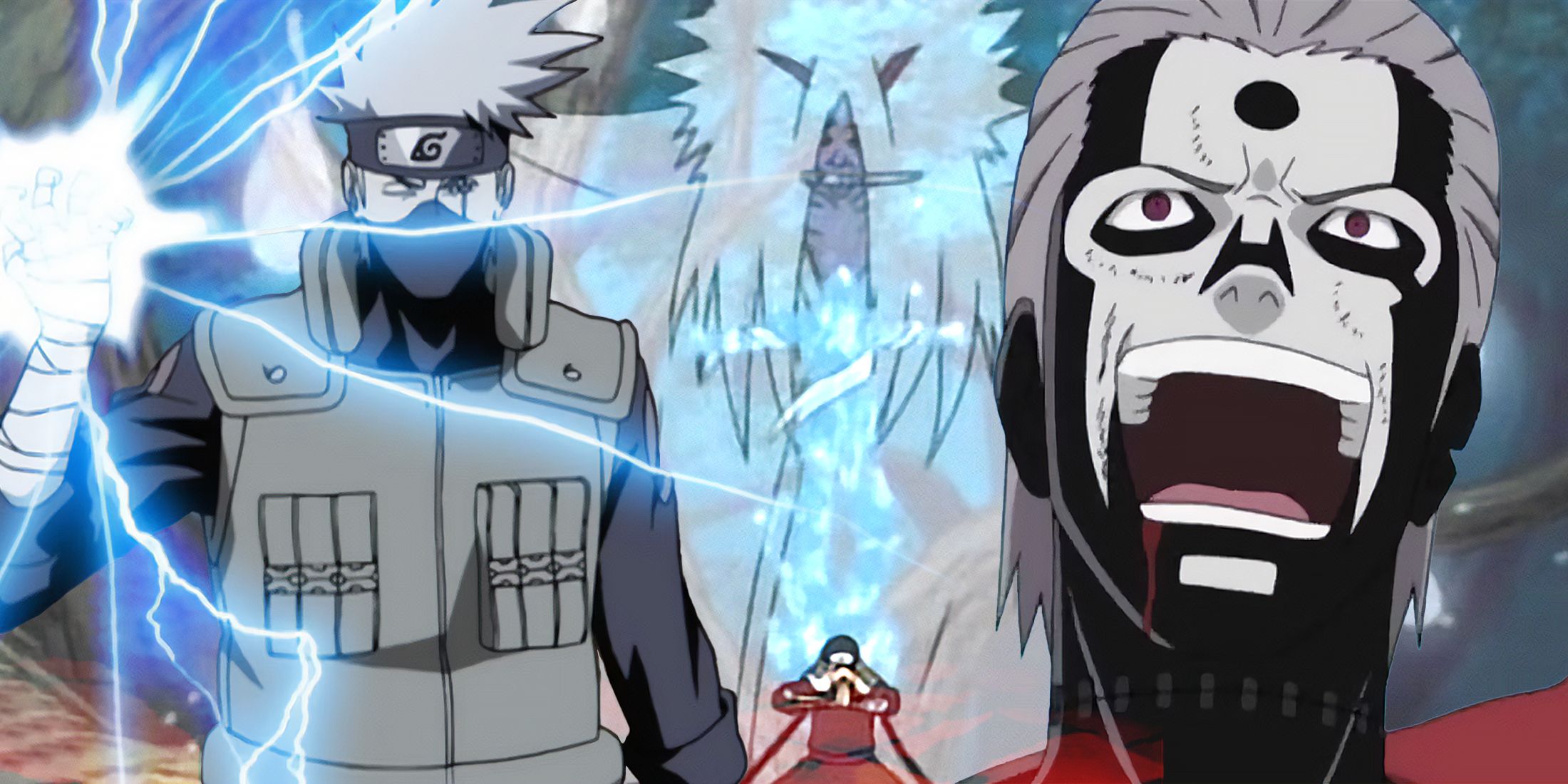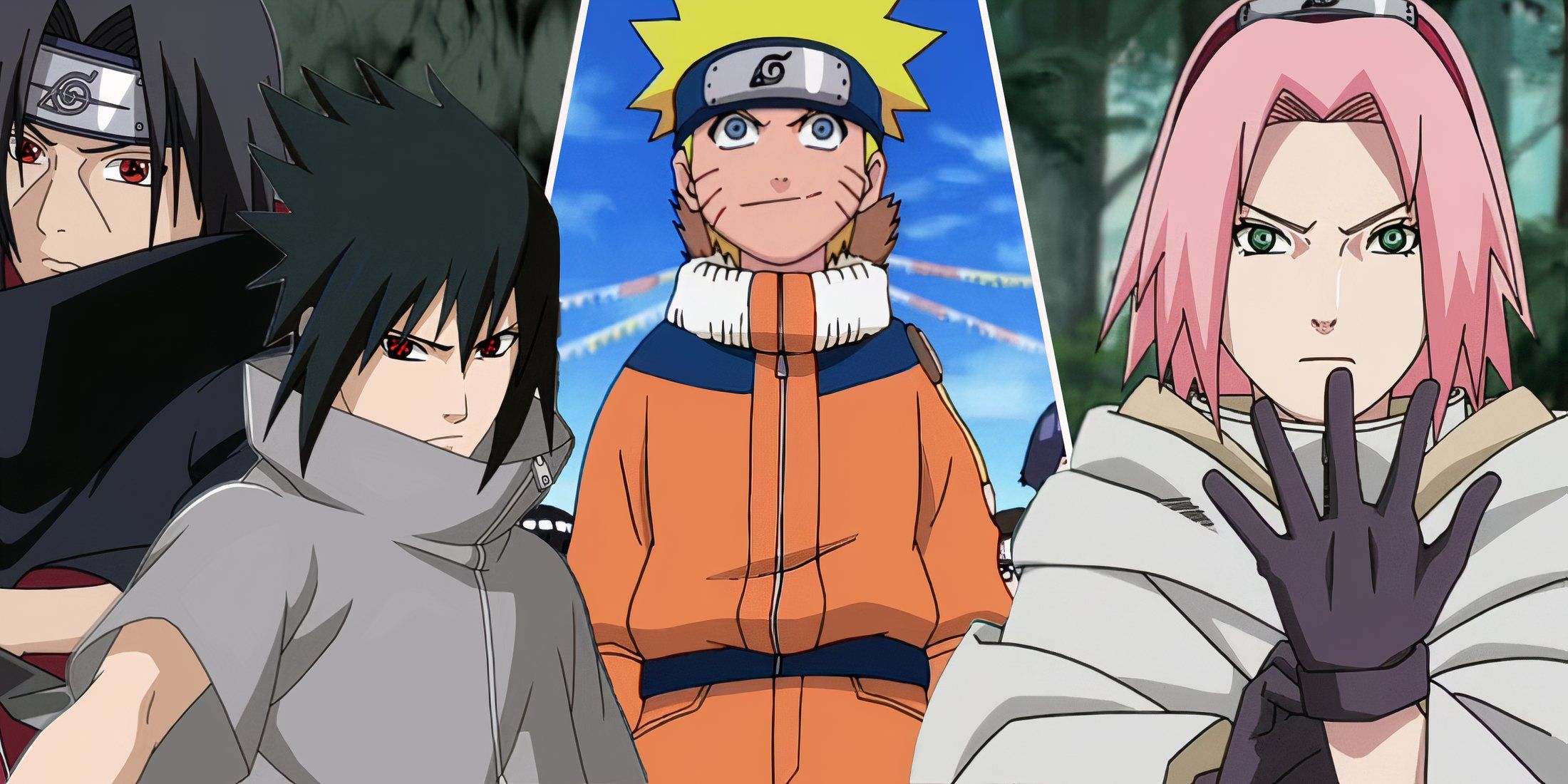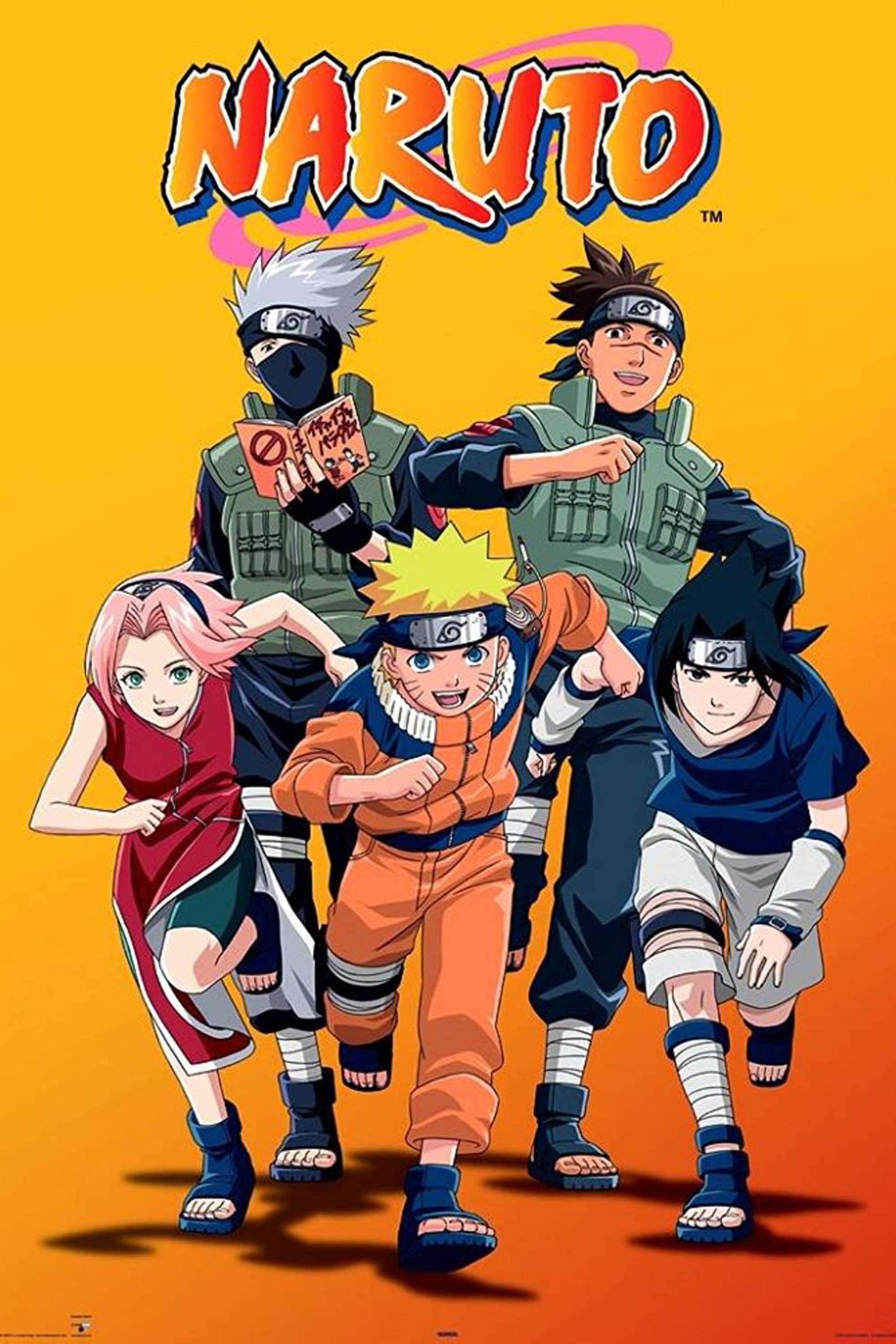Summary
- Naruto’s handling of tragedy, villains, and pacing surpasses Boruto’s attempt at expansion.
- Boruto lacks depth in its portrayal of tragedy and development of villains, making the characters less compelling.
- Naruto’s organic relationships and character dynamics make it more enjoyable than Boruto’s forced traits.
Boruto has some objectively great moments and brilliantly expands the prequel manga’s established lore. It has a lot going for it, and there are some genuinely innovative concepts, but something’s missing — many of the ideas don’t mesh well together. While some fans argue that Boruto is superior to its predecessor, Naruto, a large portion of the fandom believes otherwise. And no, that’s not ragebait; there are legitimate reasons backing both viewpoints.
Related
Naruto: The Potential For A Better Sequel Series, Explained
Boruto dissapointed many fans. Naruto has the potential for a better sequel.
The only way to tackle such a complex subject is to analyze both manga. Assessing their storytelling, pacing, character development, and fights individually will show their strong points and where they are lacking. However, recency bias is very real and can cloud a reader’s judgment. Once you remove that, it’s clear that Naruto handled quite a few things with more nuance, ultimately making the story more interesting.
1
Depiction Of Tragedy
Those Darn Onion-Cutting Ninjas, Always Making The Reader’s Eyes Water With Sadness
Without belittling any of Boruto’s characters, it’s undeniable that Naruto handles tragedy a lot better. The dark tone of Naruto, especially during the early arcs, held a certain depth and gravitas that still holds up. Naruto and Gaara faced cripplng isolation due to their status as Jinchuriki hosts, and Sasuke witnessed the massacre of his family and clan.
Rock Lee had to rely on hard work and effort to compensate for his lack of Ninjutsu and Genjutsu, as others labeled him a no-talent and worthless. Let’s not forget the horrors of war that put Nagato on the vengeful path of destruction for peace. The tragedy of characters in Boruto feels watered down in comparison.
2
Villains With Development
Naruto’s Darkness Has Shades Of Gray That Boruto Cannot Replicate
Naruto gives its villains a turn under the spotlight. That’s something Boruto severely lacks. Sure, the overwhelming power and stronger feats of Boruto villains like the Otsutsuki clan and Sentient God trees are impressive, but that’s about it. There’s no meaningful connection for readers with these try-hard aura farmer villains.

Related
Naruto: The 29 Best Villains, Ranked
From rogue ninjas to terrorists, and even alien beings, the best villains in Naruto are in a league of their own.
Even weaker villains from Naruto have excellent motivations and backstories that flesh out their characters. Zabuza and Haku were two minor villains instrumental in setting the trend for sympathetic antagonists. Naruto has plenty of layered characters like Obito Uchiha or Sasori, who endured grueling ordeals before turning villainous. Even Orochimaru’s chaotic energy and presence in Naruto are better than in Boruto.
3
Breathing Room For The Story
Boruto Rushes From One Thing To Another, While Naruto Paces The Plot
Even die-hard Boruto fans cannot deny the harsh but true criticism of the manga’s rushed vibe. While Naruto has that problem in some capacity, too — the godforsaken war arc, in the words of Shikamaru, “is such a drag.” But for the most part, Naruto has better pacing and gives readers time to let the despair and consequences of story arcs sink in.
With Boruto, it’s a case of slow releases. Every chapter tries pulling off multiple plot threads, but ultimately achieves nothing substantial. The narrative, instead of getting development, is glossed over just to jump to the next threat or problem for the main cast. Progression mostly happens behind the scenes, and constant displays of powerful feats lose their appeal quickly.
4
Enjoyable, Gritty Fights With High Stakes
Boruto’s Questionable Shinobi Battles Can’t Hold A Candle To The Thrilling Showdowns In Naruto
Boruto fights had significantly less fan buzz as characters had overwhelming power or buffs. Kawaki is an edgier Sasuke, relying solely on his body modifications and kama power instead of training in the ninja arts. Other characters like Jura have overwhelming chakra absorption that nullifies jutsus — not exactly the best for thrilling fights. The fights where jutsus are used feel like a flashy display for the sake of spectacle, nothing more.

Related
Naruto: The 44 Strongest Jutsu In The Series, Ranked
Jutsu is a huge part of the Naruto series. These are the absolute strongest in the series, ranked.
Naruto always had a suspenseful buildup to the showdowns. Jutsus, intelligent maneuvering, deception, and tactics to overcome a strong opponent made the victory or defeat feel well-earned. Naruto vs. Pain, or Gaara vs. Rock Lee, even Might Guy vs. Madara Uchiha, all felt epic and delivered the fun.
5
Consistency And Believable Plot Armor
Boruto Diverts All Danger Toward Legacy Characters, Which Is A Huge Letdown
One glaring issue with Boruto is how it uses plot armor. There’s a lot of inconsistent power-scaling, and legacy characters are nerfed into irrelevance. The original cast feels diminished — less intelligent, less skilled, just… less. It’s a fair reason why many fans argue Naruto handled its characters with more consistency.
Yes, Naruto always had plot armor — it came with being the Nine-Tailed Jinchuriki. But even then, he had to earn his strength, and there were still moments when others had to save him. It made the stakes feel real and the victories hard-won.
6
Organic Relationship And Fun Character Dynamics
There’s A Severe Lack Of Captivating Traits In The New Generation
Part of what made Naruto so fun to read was the character dynamic. Might Guy and Kakashi’s bantering was excellent at showing their contrasting personalities and roles as mentors. Similarly, Naruto was head-over-heels for Sakura, but she was enamored with Sasuke, while Hinata was Naruto’s distant secret admirer. How the ships were redirected to their intended soulmates took its time and felt organic.

Related
Naruto: Every Main Character’s Age, Height, And Birthday
Naruto’s main characters are among the most iconic in anime, so let’s go through their birthdays, heights, and ages.
Obviously, making a carbon copy of the original cast would have been lazy writing, but the way Boruto characters are written makes them unlikable to many fans. Sarada feels like forced shipping fodder for Boruto, and Eida’s obsession with Kawaki is a mere case of curiosity instead of a meaningful bond.
7
Infinite Tsukuyomi Logically Superior To Eida’s Omnipotence
World-Altering Illusion Is Done Better In Naruto Than In Boruto
Fans of both Naruto and Boruto will know that reality-warping powers weren’t the best plot point in either manga. Visually, the concept is cool, but they require far-reaching loopholes and still won’t make much sense. When comparing the two, it’s clear that Infinite Tsukyomi is far more compelling and sensible, narratively. The same can’t be said for Eida’s Omnipotence ability, a massive Deus Ex Machina that can alter people’s perception of reality.
Infinite Tsukuyomi traps people in a mass genjutsu that people can’t escape from, with illusions of a person’s hopes and desires. It took both Naruto and Sasuke’s combined abilities to release its effects. But Omnipotence is indefinite and cannot be countered except by Sasuke, Boruto, and somehow Sarada — it’s highly irregular.
8
Complexity
The Character Motivations In Naruto Are More Layered, While Boruto’s Feel Dull
One of the high points of Naruto that Boruto cannot replicate is the character complexity. Kawaki’s obsession with the Otsutsuki Clan as the root of all evil makes him unhinged. Boruto just wants to mirror Sasuke because he finds him cool, while Sarada has a rose-tinted view of the Hokage title without full knowledge of the dark past of her clan’s or Naruto’s struggles.
Conversely, the deep and emotional scars the characters carry in Naruto make them far more compelling. Itachi’s nuanced reasoning behind his actions turned his character into a tragic antihero and a fan favorite. Naruto’s wish to become Hokage was to protect everyone under his banner so that no one suffers the cruelty he did. The emotional complexity in Boruto just isn’t there.

Naruto
- Release Date
-
October 2, 2002
- Network
-
Adult Swim







